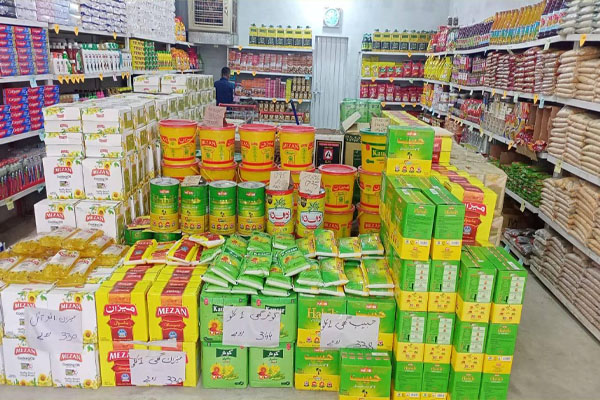You are using an out of date browser. It may not display this or other websites correctly.
You should upgrade or use an alternative browser.
You should upgrade or use an alternative browser.
I Have a Heartfelt Message for the Army Chief
- Thread starter Kashif Altaf
- Start date
Raiwind-Destroyer
Prime Minister (20k+ posts)
Napaak yahodi fooj ko khatam karna har pakistani ka faraz hai
25 Crore Has Never punished any Army chief or Corrupt Politician they just talk. No action. Patwaris are everywhere, thief’s in top Posts, Poor schools, corrupt molvies are always silent.Napaak yahodi fooj ko khatam karna har pakistani ka faraz hai
wasiqjaved
Chief Minister (5k+ posts)
Too late
Fauj ab dil se utar chuki hai.
Fauj ab dil se utar chuki hai.
pinionated
Minister (2k+ posts)
Our army follows Machiavelli, who basically said, a ruler, if given the choice, between fear and love of their nation, should always make them fearful. The love of army is gone, but fear still remains… the day fear is gone, Pakistan will change foreverToo late
Fauj ab dil se utar chuki hai.
pinionated
Minister (2k+ posts)
My recommendation to Siasat.pk, please edit Interviews with Naeem Bkohari… He has so much to say on so many topics, it is best to record multiple sessions with him and then edit the recordings to tie in with different topics
PHATEE PHATEE MOCHEE KEE GANDO QOM KA MOCHEE TAY GANJAYAAN NU CHAPAY .SUN AAJ BARAY PHUDAY WALEE TEREE MOTHER BITCH KIDER HEE YA AAJ WE BAJI NAAL PACHEE AA MAA CHUDWAAN JA GANDO JA GHAR PATA PAA GANDO BABAY TAY BAJEE NU.TEREE EDER PHATEE TAY BABAY TAY BAJI DEE UDAR PHATEE AAY KEE GANDO MUTMAIN BEGAIRAT AAIN.MAHAAN CHUTIYA PATWAREE MOCHEENaeem Bukhari aur Imran khan ka Army Chief ko heartfelt message.

wasiqjaved
Chief Minister (5k+ posts)
The primary role of the military should be to protect national borders, maintain internal security, and ensure the country’s defense readiness. Traditionally, militaries worldwide focus on safeguarding sovereignty and defending against external threats. In Pakistan, however, military involvement has extended beyond defense to various sectors typically reserved for civilian oversight, creating a unique power dynamic.Our army follows Machiavelli, who basically said, a ruler, if given the choice, between fear and love of their nation, should always make them fearful. The love of army is gone, but fear still remains… the day fear is gone, Pakistan will change forever
For instance, the military's presence in economic areas such as real estate (e.g., Defence Housing Authority), energy, manufacturing, banking, and agriculture overshadow civilian institutions and private businesses. Such involvement in commercial enterprises raises concerns about accountability, as these ventures often enjoy privileges like tax exemptions and land access that aren’t available to civilian companies.
Moreover, sectors like education, healthcare, and media—where the military has established institutions—are fundamentally civil sectors. When military institutions operate here, it affects public perception and skew resources toward projects not fully accountable to elected officials or subject to public scrutiny. While welfare initiatives for ex-servicemen are valuable, a clear boundary between defense duties and commercial ventures will ensure the military remains focused on its core responsibilities and allow civilian sectors to thrive independently under democratic oversight.
© Copyrights 2008 - 2025 Siasat.pk - All Rights Reserved. Privacy Policy | Disclaimer|

























